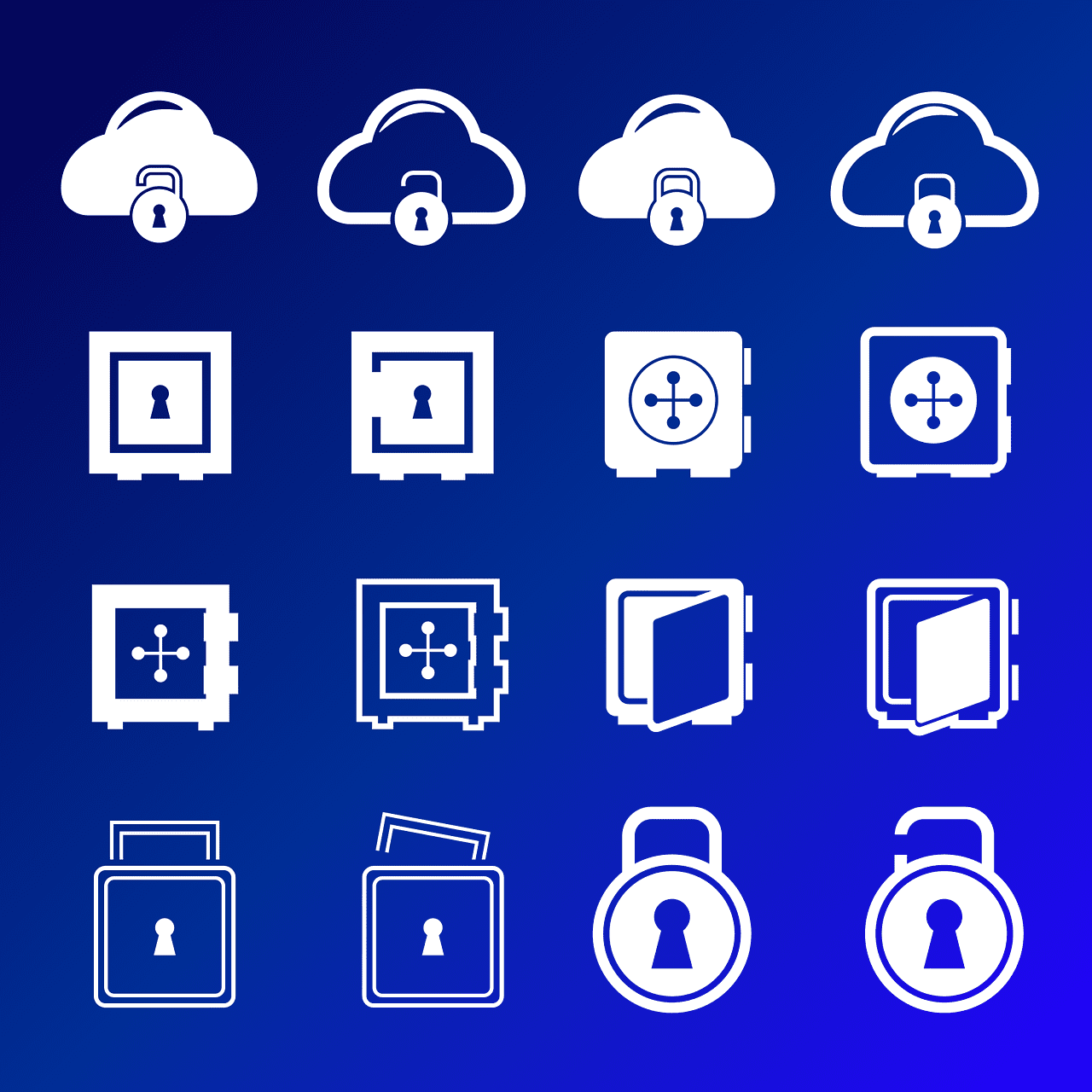
MFA & Cyber Insurance: What You Need to Know
Over the last few years, the rate of ransomware attacks and other cyber crimes have skyrocketed in both frequency and severity. Sonicwall reports that 2021 saw a 105 percent increase in ransomware attacks over the previous year. With working from home being the new normal, employees access and share more data remotely, causing the number of security blind spots to increase and costly attacks to balloon. This rapid rise in ransomware losses has insurance carriers making drastic changes.
For the last several years, most businesses could secure quality cyber insurance with minimal application questions that hardly varied in content. Due to the increasing prevalence of cyber attacks, insurance companies are now requiring applicants to demonstrate the measures being taken to prevent data hacks and increase cyber security practices. A prime example of this is multi-factor authentication (MFA), being a requirement for organizations purchasing and renewing cyber insurance.
What Is MFA?
Multi-factor authentication (MFA) is a cybersecurity measure that requires users to confirm two or more factors verifying their identity prior to accessing a network or system. Generally, users must provide a password and verify access by inputting a code generated via text message, email or a dedicated authentication application. This added layer of security helps prevent system intruders from breaching networks to deploy ransomware, erase valuable data or steal sensitive information for malicious purposes.
Protecting Your Most Valuable Asset
Cyber insurance, also known as cyber security insurance or cyber liability insurance, is beneficial for many reasons. Having such coverage protects businesses against financial losses caused by cyber incidents, including data breaches and theft, system hacking, ransomware extortion payments and denial of service. At its current rate of growth, an annual report from the ITRC predicts ransomware will surpass phishing attacks as the number one cause of data breaches in 2022. Attacks involving ransomware represented 22 percent of the total number of reported cyber attacks in 2021.
Businesses that store important data online or on computers such as phone numbers, credit card information or Social Security numbers are at risk of a cyberattack and could benefit from cyber insurance. For example, businesses with a large number of customers, cyber insurance could be especially worth getting. Policies can help cover certain regulatory fines a company might be subject to following a data breach. Notifying customers of data breaches is often required by state law and first-party cyber insurance policies can cover this cost.
In addition to protecting against data breaches, there are many benefits to having cyber liability coverage:
3 Key Benefits of Cyber Insurance
- Business interruption or loss reimbursement. If you company is a victim of a cyber attack, it can lead to an IT failure that disrupts business operations, costing your organization both time and money. Cyber liability policies may cover your loss of income during these interruptions. What’s more, increased costs to your business operations in the aftermath of a cyber attack may also be covered.
- Cyber extortion defense. Ransomware and similar malicious software are designed to steal and withhold key data from organizations until a steep fee is paid. As these types of attacks increase in frequency and severity, it’s critical that organizations seek cyber liability insurance, which can help recoup losses related to cyber extortion.
- Coverage beyond a general liability policy. General liability policies don’t always protect organizations from losses related to data breaches. What’s more, data is generally worth far more than physical assets, and it’s important to have the right protection in place when you need it most. Supplementing your insurance with cyber coverage can provide you with peace of mind that, in the event of an attack, your organization’s financial and reputational well-being is protected.
New Security Requirements and Insurance
The IT world is constantly evolving – new security requirements can pop up at any time. This can make assessing your liability for cyber insurance complicated and confusing. CEO of The ArcLight Group, Brian Largent, walks us through what questions an insurance provider may ask you before granting coverage:
ArcLight Can Give Your Cyber Security the Boost it Needs
Cyber security moves fast and we stay on top of it. Protecting your organization is not a “one and done” endeavor. In today’s world, businesses of every size need an ongoing strategy against ransomware, phishing, malware and more. We use proven tools, processes and systems to protect our clients’ digital data, networks and employees.
If you’re interested in cyber insurance and better overall protection for your business, don’t hesitate to give us a call or schedule a meeting. Choose ArcLight Group for fast, skilled and reliable support.
Share the Knowledge
Managed Service Provider CHECKLIST
Land on the best IT solutions partner for your needs with this easy-to-follow, one-page download.









